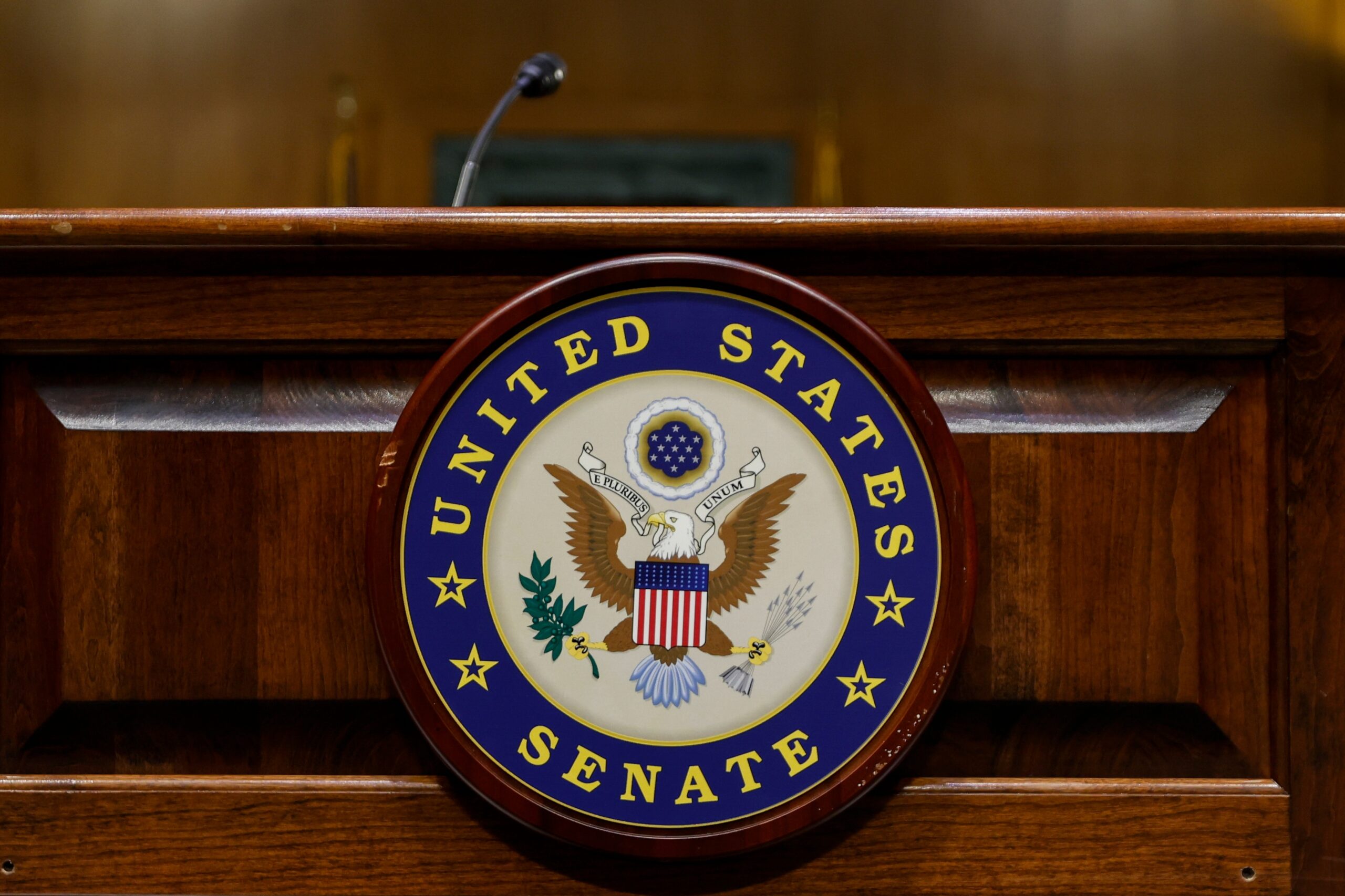Republican SENATE Candidate Revealed – Game On!

Former GOP congressman Mike Rogers launches a second bid for Michigan’s Senate seat after a close 2024 loss, targeting the position that will be vacated by retiring Democrat Gary Peters in 2026.
At a Glance
- Mike Rogers is making a second Senate run after narrowly losing to Democrat Elissa Slotkin in 2024
- The seat will be open as Democratic Senator Gary Peters announced he won’t seek reelection in 2026
- Rogers, a former FBI agent and Army veteran, is promoting manufacturing jobs, defending Social Security, and reducing costs
- Senior Republican leaders including NRSC Chairman Tim Scott have endorsed Rogers’ candidacy
- Michigan state senator Mallory McMorrow has announced her candidacy on the Democratic side
Rogers Returns After Narrow 2024 Defeat
Mike Rogers is mounting a second campaign for the U.S. Senate, targeting the Michigan seat that will be vacated by retiring Democrat Gary Peters in 2026. The former Republican congressman’s announcement comes shortly after his narrow defeat in the 2024 Senate race against Democrat Elissa Slotkin, a loss that stood out as Republicans managed to gain four other Senate seats nationwide. Rogers’ decision to run again demonstrates the GOP’s continued focus on Michigan as a critical battleground state and potential pickup opportunity in their efforts to strengthen their Senate majority.
Rogers brings significant political experience to the race, having begun his political career in 1994 as a Michigan state senator before serving in the U.S. Congress. During his congressional tenure, he served on the House Energy and Commerce Committee and chaired the House Intelligence Committee, developing expertise in national security matters. After leaving Congress in 2015, Rogers transitioned to private sector roles, maintaining his connections to public service through various advisory positions related to national security.
Conservative Platform and Trump Alignment
Rogers is positioning himself as a strong conservative aligned with former President Trump’s agenda. His campaign is emphasizing economic policies aimed at bringing manufacturing jobs back to Michigan, a message that resonates in a state with a strong industrial heritage. Additionally, Rogers has highlighted his commitment to defending Social Security, lowering everyday costs such as gas prices, and strengthening education. These policy positions reflect traditional Republican values while addressing economic concerns that matter to Michigan voters.
The former congressman is emphasizing his background as an Army veteran and FBI special agent, credentials that bolster his national security expertise. His campaign describes him as “a conservative fighter with a proven track record of delivering for Michigan,” highlighting both his ideological stance and his focus on practical results for constituents. This dual emphasis on conservative principles and pragmatic outcomes appears designed to appeal to the state’s diverse electorate, which includes both strong Republican areas and moderate swing districts.
Republican Leadership Support
Rogers has secured critical endorsements from key Republican leaders, signaling the party’s unified support for his candidacy. NRSC Chairman Tim Scott and Senate Majority Leader John Thune have both publicly backed Rogers, demonstrating that national Republican leadership views the Michigan race as a priority for 2026. These endorsements provide Rogers with access to fundraising networks and organizational support that will be crucial in what is expected to be an expensive and competitive race.
On the Democratic side, Michigan state senator Mallory McMorrow has already announced her candidacy for the 2026 race. Former Transportation Secretary Pete Buttigieg, who recently relocated to Michigan, has confirmed he will not seek the seat, clarifying the Democratic field somewhat. The open seat creates a competitive environment without the inherent advantages of incumbency, making the race particularly significant as both parties vie for control of the Senate in the post-presidential election landscape.
























